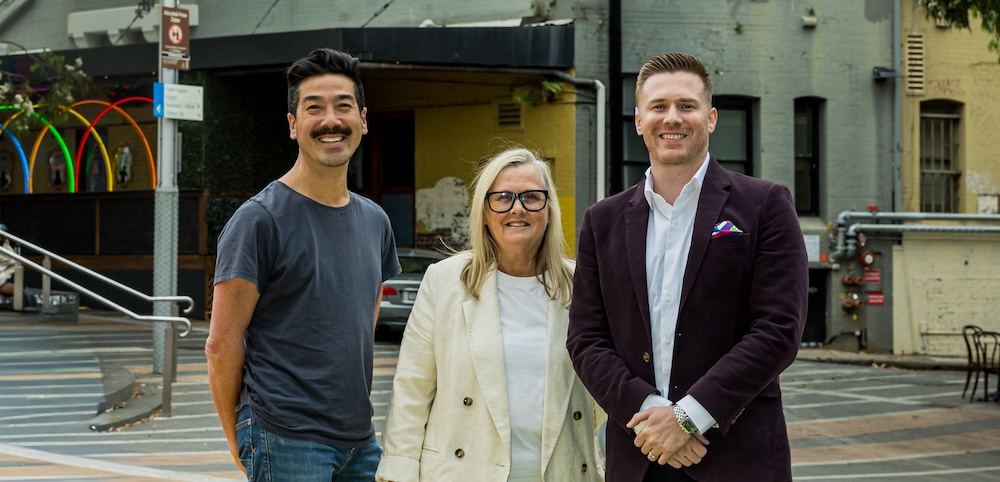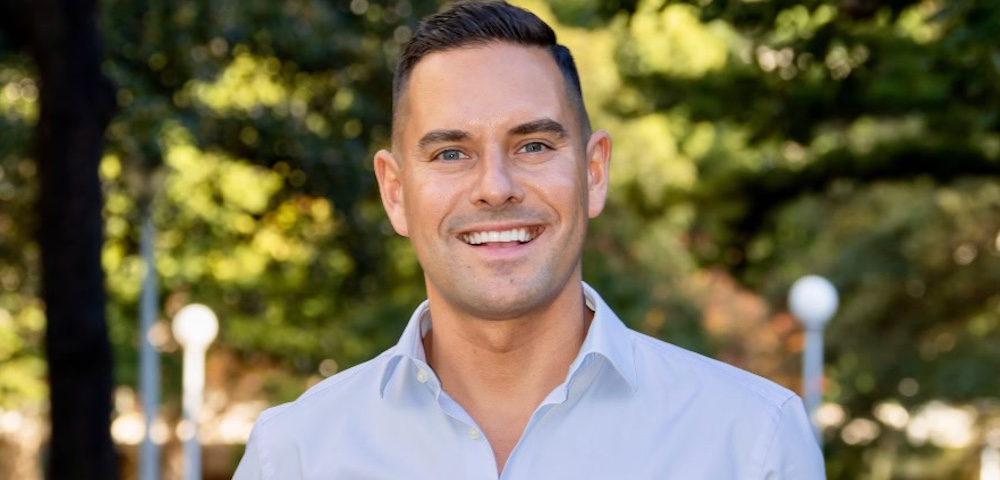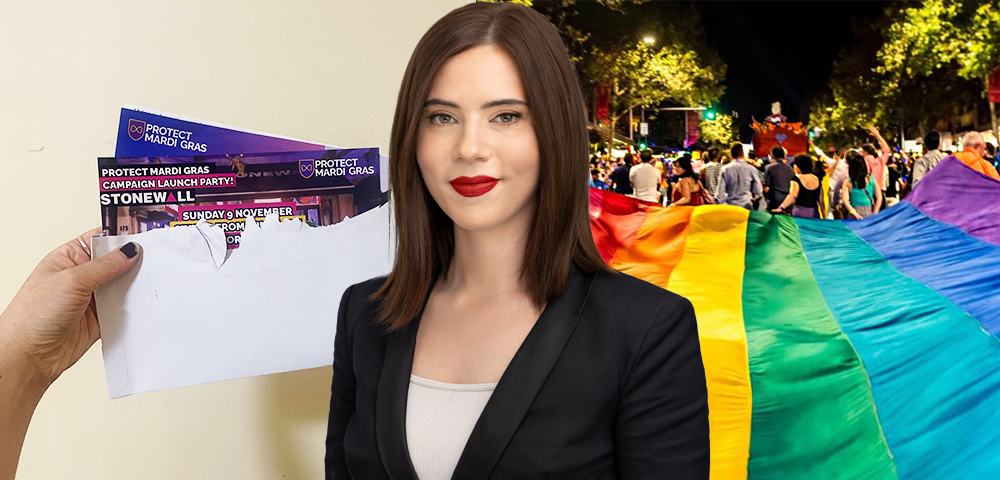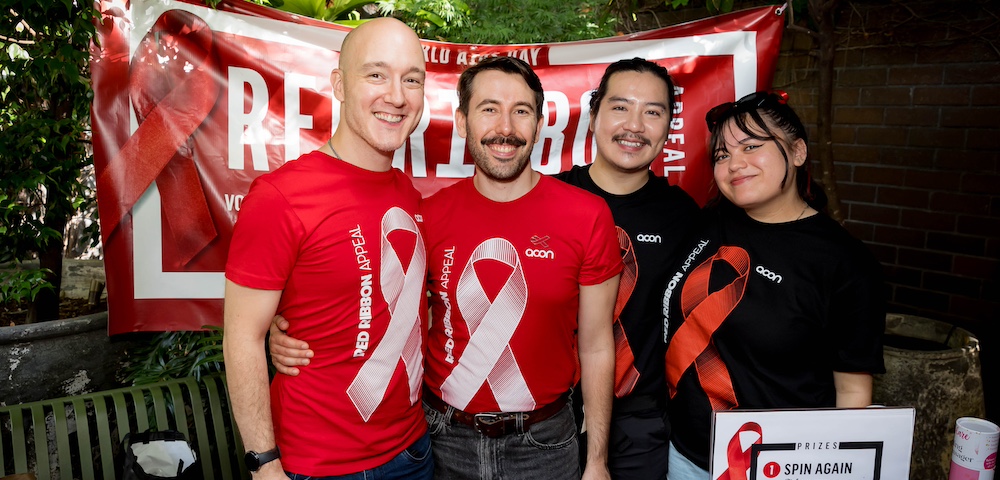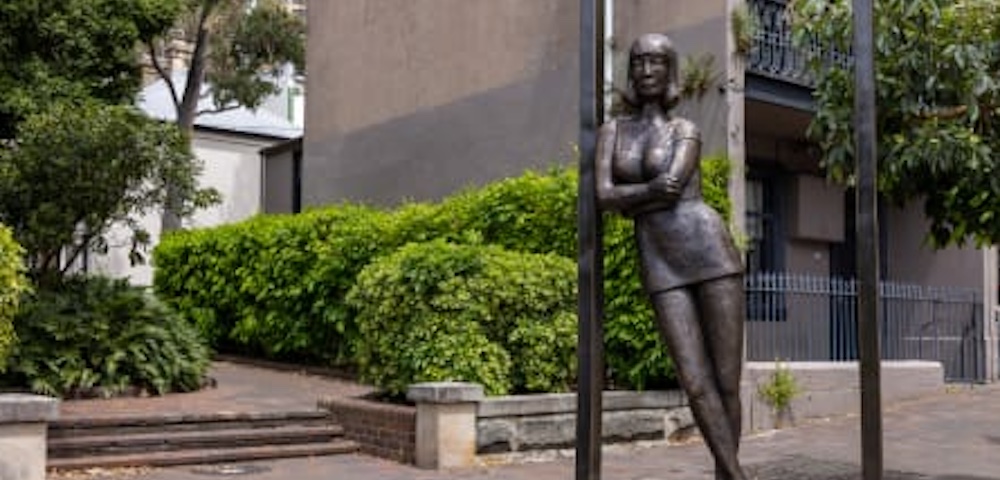
Sailor teaches American troops gay tolerance
Lawyers and congressional aides trying to overturn America’s Don’t Ask, Don’t Tell policy have heard from an Australian sailor about how gay and lesbian defence force members were allowed to serve openly.
Chief Petty Office Stuart O’Brien, currently based at HMAS Kuttabul in Potts Point, was invited to give an address on the Australian military’s experience of gay inclusion at Georgetown University’s law school in Washington DC last month and attend the annual dinner for the Servicemembers Legal Defense Network (SLDN), which fights the gay ban.
A number of retired US officers are hoping the Australian evidence will help presidential hopefuls Hillary Clinton and Barack Obama in convincing the US Congress to reverse the ban.
There were four countries represented [Australia, Britain, Canada, and Israel], but we didn’t pick on the US at all -“ that’s not what we were there to do. I was there to tell the Australian perspective, O’Brien told SSO.
He argued Australia’s military preparedness improved with the end of officially sanctioned discrimination, but the challenge was educating people and dispelling myths. O’Brien joined the service in 1988 before Australia lifted the gay ban.
We changed in 1992 and it came with its own issues -“ change always does. We’re in a position now where we’re recognising same-sex couples for things like Defence housing, he said.
That’s somewhere the US will never get, or not for a very long time. If they do allow gay and lesbian people to serve openly, the recognition of same-sex couples is off the table.
The Australian invite is the latest move by US law schools in a long battle against the Don’t Ask, Don’t Tell policy. Many schools previously banned on-campus recruiting, until recruiter access to students was tied to Federal funding.
O’Brien attended the conference as a private citizen with the consent of the Chief of the Navy, but his speech was not officially endorsed. He was the only serving member from any of the invited countries given permission to attend.
In general, sovereign nations try to stay out of each others’ internal affairs, so individuals who speak at international conferences generally present their views as individuals rather than as representatives of their governments, conference organiser Colonel Tom Field (retired) told SSO.
We asked only that the Australian Government allow Stuart to attend our conference and express his personal views. It did so, and that was entirely sufficient for our educational purposes. In contrast, in the case of Great Britain, Her Majesty’s Government denied permission to our selected speaker -“ a serving Army officer -“ to appear at our conference.
Field, an officer with 32 years of experience before what he called the gay witch-hunts, said there was no direct evidence the US military planners were studying the experiences of other countries on gay inclusion, despite the many congressional aides who took notes during the conference.
However, my private contacts with individuals serving in the Pentagon indicate that our military is increasingly interested in what has transpired elsewhere, because, assuming a Democrat is elected this fall, a rapid transition to open military service is a distinct possibility, he said.
Watch the conference via video streaming at Georgetown University’s website.




